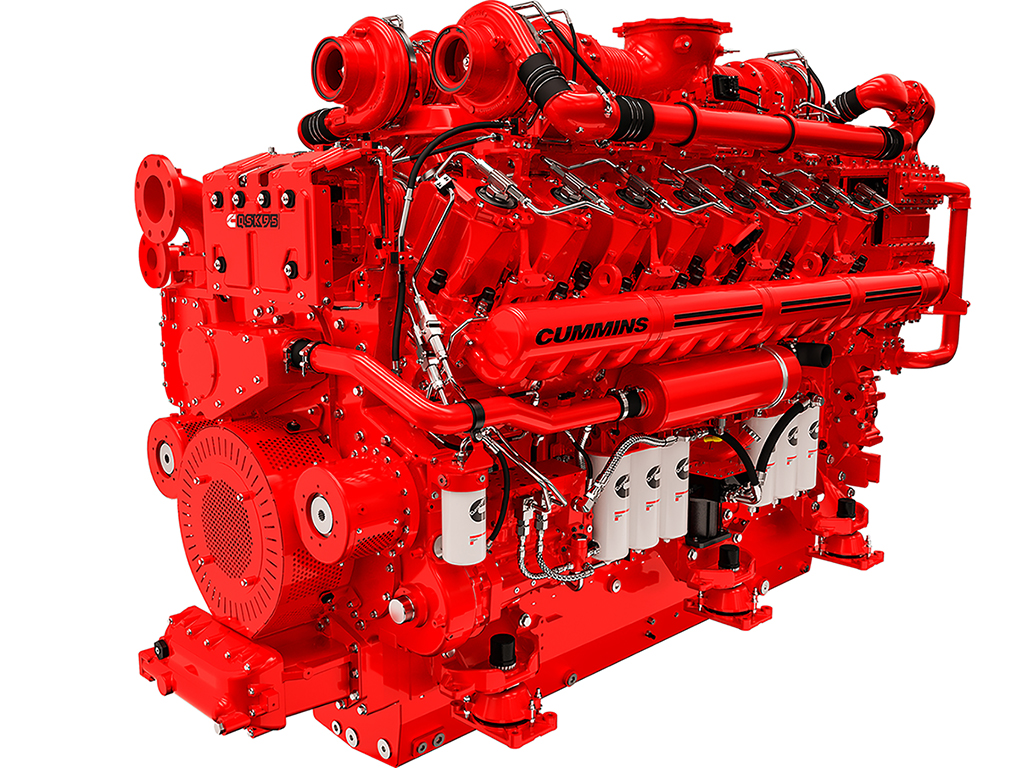Diesel Pushes and Diesel Engines
According to auto professionals, the 1970’s gave diesel motor recognition only a little increase in revenue as a result of an OPEC oil embargo. At that time, it was initially utilized in vehicles throughout the gas situation and persons found their cars covered in soot. Although there are lots of benefits to diesels which will be explained afterwards, many people see way too many cons. First, they are generally significantly weightier because of their higher retention ratios.
Additionally they are generally higher priced than fuel engines. This alone is essential for many people to take into account when choosing their perfect vehicle. Next, for their weight and retention ratio mentioned previously, diesel motors generally have decrease optimum RPM ranges than gasoline engines cummins x15 tuner. That makes diesels high torque as opposed to large horsepower, and that always seems to create diesel cars slower in regards to speed speeds. Moreover, diesel engines should be fuel injected, tend to create smoking, and are referred to as “funny-smelling” by many observers.
They may be tougher to start in the cold cold temperatures weather, and if they happen to contain what are called shine connects, diesels can require you to wait momentarily prior to starting the engine so the light plugs can heat up. Many people also recognize they are noisier, tend to shake a lot more than gas motors, and in some places diesel is less easily obtainable than gasoline. This can be a issue for those who drive diesel vehicles or trucks for work or inside their everyday vehicles.
On the opposite, automobile experts acknowledge that diesel cars can be successful and came quite a distance over the last many years. Many people wonder why there are not more cars with diesel motors if they’ve the essential and contemporary explanation of “efficient.” There’s still a negative image of diesel trucks that produces diesel motors seemingly less appealing to those that get regular-sized cars.
Diesel is good for hauling big deliveries and large masses around long ranges and in durable ground, but due to the measurement, weight, sound, and vibration, it isn’t usually a good choice for everyday commuters in smaller vehicles that might not have the ability to handle the engine itself. Engineers and car specialists are beginning to make diesel engines solution burning and less noisy to make it a little more appealing to the daily driver.
The emissions from using diesel is one area that’s increased immensely on the years. When compared to emissions from unregulated motors 40 years back, today’s on-highway diesel engines emit 99 % less PM and NOx. Relating to one motor maker, in 2010, all heavy-duty diesel motors offered in the United Claims had to meet up the “NOx typical (0.20 grams per brake-horsepower hour (g/bhp-hr)) and the PM normal (0.01g/bhp-hr)” as set forth by the Environmental Defense Agency.
They are probably the most stringent emissions rules on earth according to authorities and as producers carry on to create greater, more general diesel motors, it is excellent to learn which they will have to keep on to follow these same stringent regulations. If diesel gasoline wasn’t successful, it would not have stood as much as being the key gas employed for transferring things throughout the country. As stated previously, diesel energy is weightier and oilier than energy is.
While diesel engines have a tendency to release nitrogen substances and particulate subject while they burn diesel gas, it really produces decrease amounts of carbon monoxide, hydrocarbons and carbon dioxide than energy does. There are also new direct treatment devices which are managed by a type of pc which displays the gas combustion in the engine. This leads to better power efficiency and less emissions. There are also different new products available on the market making diesel driven engines even better; catalytic converters and CRT filters of particles are reducing soot, carbon monoxide, and hydrocarbon emissions by almost 90% as stated by the Diesel Technology Forum.
